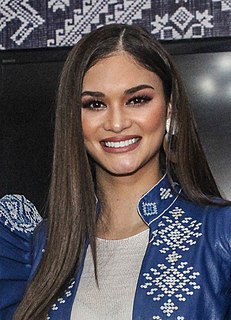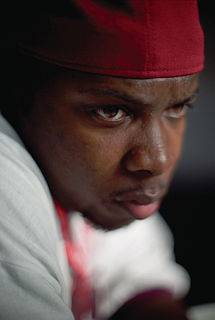A Quote by Annalee Newitz
If we return abruptly to a Miocene-like climate, it's reasonable to think that we would experience a lot of extinctions, and maybe even a mass extinction in the long term. Would the life on Earth be radically different? Of course we can't say for sure, but I think a lot of it would look familiar. Like a lot of people, I worry a lot about whether marine mammals would survive, especially whales. Ocean acidification is one of the major killers in climate change events, and that makes the ocean a very inhospitable place.
Quote Topics
About
Change
Climate
Climate Change
Course
Different
Earth
Even
Events
Experience
Extinction
Familiar
Killers
Life
Like
Long
Long Term
Look
Lot
Major
Makes
Mammals
Marine
Mass
Mass Extinction
Maybe
Ocean
Ocean Acidification
People
Place
Radically
Reasonable
Return
Say
Sure
Survive
Term
Think
Very
Whales
Whether
Worry
Would
Related Quotes
Oceans need more attention because climate change IS an ocean issue. Our oceans will be the first victim, and sea life will suffer dramatically. Detailed proof is hard in ocean science, but I think we're already seeing big ocean changes caused by climate change, such as starvation of whales, seabirds, and other animals off the coast US west coast.
We get a lot of emails, a lot of suggestions on the kinds of ideas and things that people would like to do. There's a lot of good ones, but a lot of them are something that the franchise couldn't or wouldn't endorse, just as being not consistent with what the NBA would want or, probably, what we would even want, too.
As for climate change, it's by now widely accepted by the scientific community that we have entered a new geological era, the Anthropocene, in which the Earth's climate is being radically modified by human action, creating a very different planet, one that may not be able to sustain organized human life in anything like a form we would want to tolerate.
I just would never go audition, and yet I was in very visible places where people would come looking for actors. I say I'm lazy, though I'm sure if I were in therapy for a lot of years, it would turn out to be a lot more than laziness. After awhile, it was, like, too embarrassing for me not to go on auditions. I had to be humiliated into it.
Climate has always changed. It always has and always will. Sea level has always changed. Ice sheets come and go. Life always changes. Extinctions of life are normal. Planet Earth is dynamic and evolving. Climate changes are cyclical and random. Through the eyes of a geologist, I would be really concerned if there were no change to Earth over time. In the light of large rapid natural climate changes, just how much do humans really change climate?
People always say that music is a universal language. It was very, very true. We could show up anywhere with any people speaking different languages and we could just be like, "You want to play that song? Yeah, okay." We would usually want to play Latin American songs, and they would usually want to play Santana or Jimi Hendrix and stuff like that. So we would trade off. So yeah, we were able to make a lot of friends that way and meet a lot of local musicians. It was a great experience.
There's a lot of responsibility involved in sharing a very personal story with a lot of people, and it's easier for others not to know about things - and I know that. But in terms of the general climate, socially, these are things people have to deal with on a daily basis. We hear so many negative stories but rarely do we get positivity. We have memes of cute cats and puppies and things like that, but if they didn't exist, people would be a lot more unhappy. We need more things like that.
I feel like a lot of people look at pop music with a very formulaic perspective in numbers and patterns, but an outsider would think that the process is very natural. It is, but there are a lot of times where people treat it like a sport - there are tricks you can pull, different combinations that make something better. I don't really think I approach it that way, but I definitely have a love for the science that is pop song writing.

































